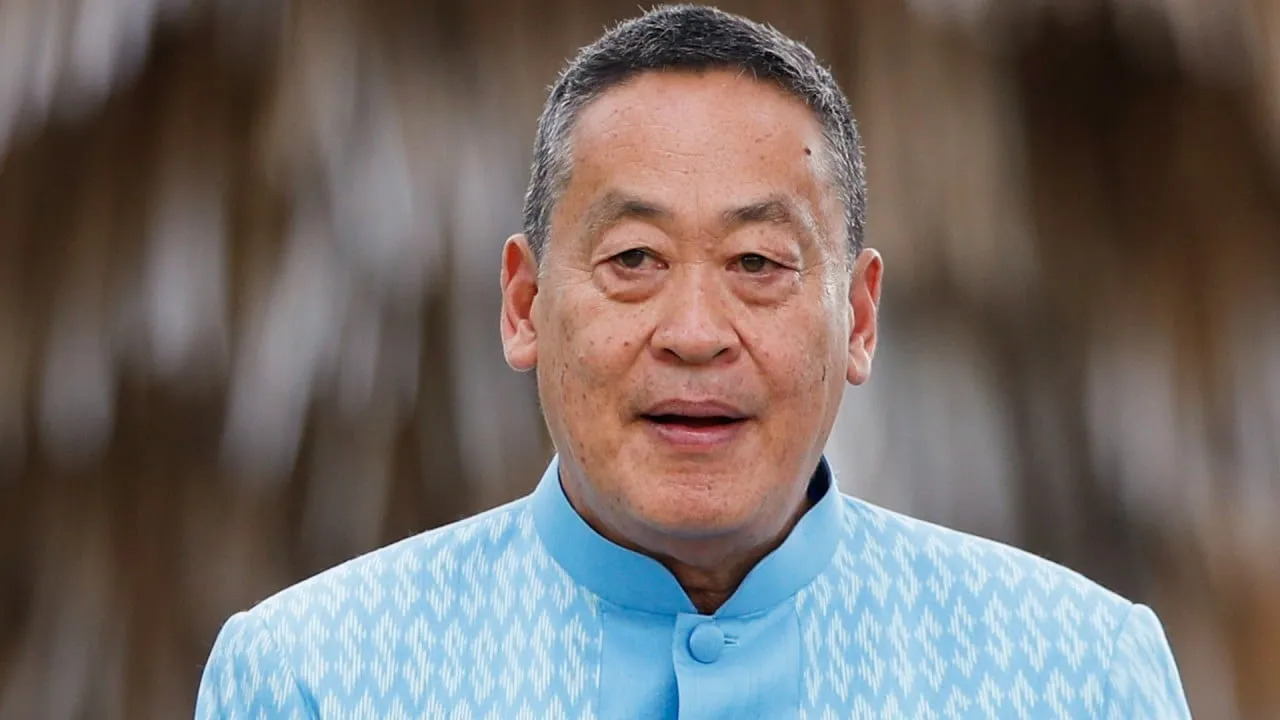Thailand's New PM and the Potential for Chinese Infrastructure Investment

China Investment Impact on Southeast Asia's Infrastructure
The potential for China investment in infrastructure projects is growing, especially with Thailand’s newly appointed Prime Minister, Paetongtarn Shinawatra, at the helm. As she emphasizes the deep ties between Thailand and China, discussions about a strategic land bridge come into focus. This project could serve as an alternative to the abandoned Kra canal, providing an efficient shipping route akin to the Panama Canal.
Historical Context and Future Projections
Historically, Thailand has leaned towards fostering economic relations with Beijing. Analysts predict that this trend will continue as the land bridge initiative gains traction. The shipping route aims to alleviate congestion through the Malacca Strait, vital for Chinese maritime trade, as it currently handles over 94,000 vessels annually. A successful implementation of this project could facilitate efficient maritime logistics across Asia.
Strategic Importance for the China Economy
Establishing this infrastructure project would not only benefit Thailand's economy but also strengthen the connections within the Asia-Pacific region. With substantial support from China Harbour Engineering Co, the project's realization seems viable. Such developments underscore the importance of China investment in enhancing both local and regional economies.
Conclusion on Future Implications
In summary, the fate of the land bridge is closely tied to Thai-Chinese relations, with potential for significant implications on China's economy and Southeast Asia's infrastructure landscape. Stakeholders are watching closely as discussions progress under the new leadership.
This article was prepared using information from open sources in accordance with the principles of Ethical Policy. The editorial team is not responsible for absolute accuracy, as it relies on data from the sources referenced.